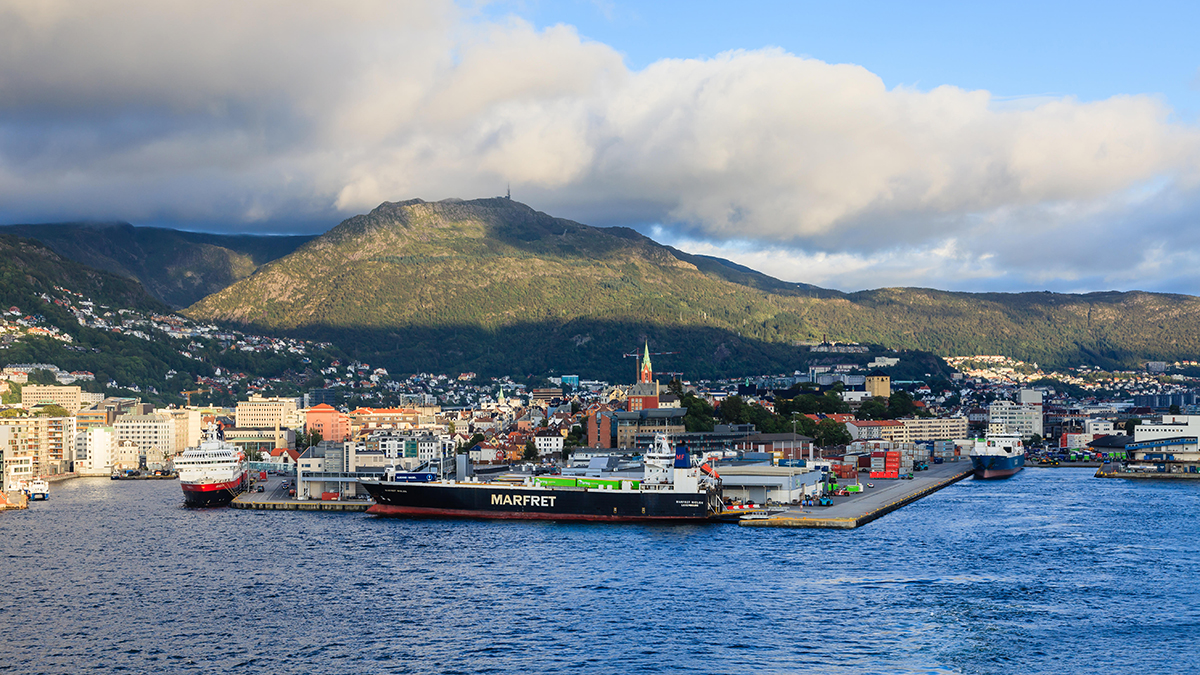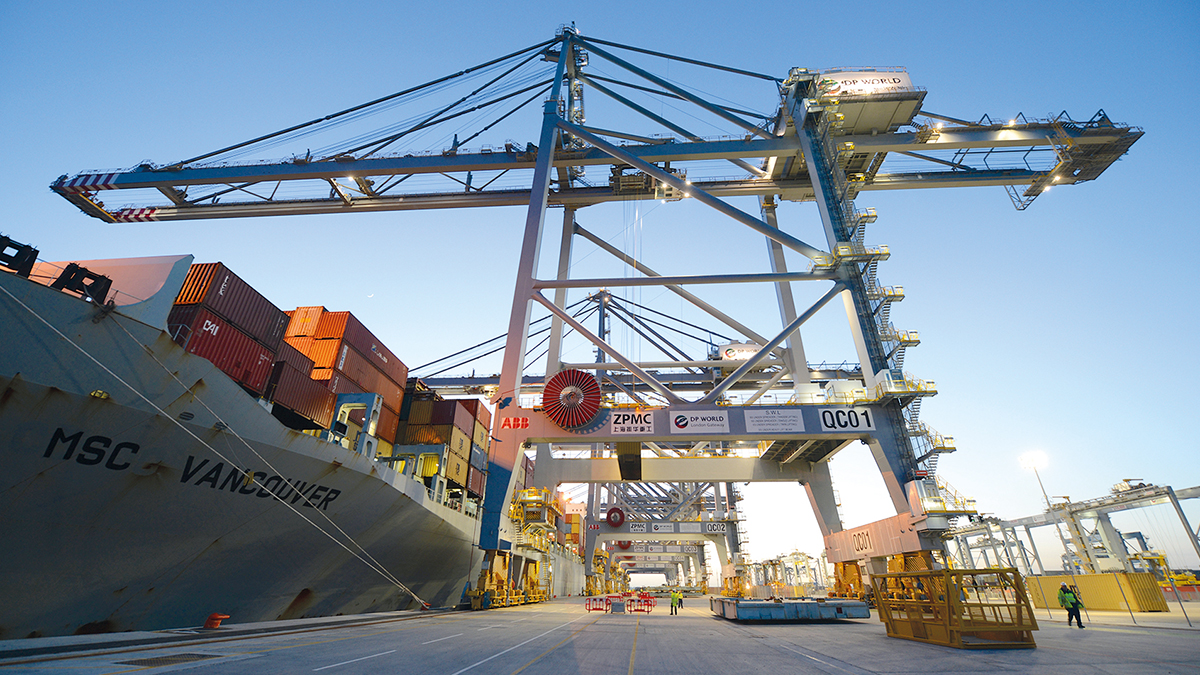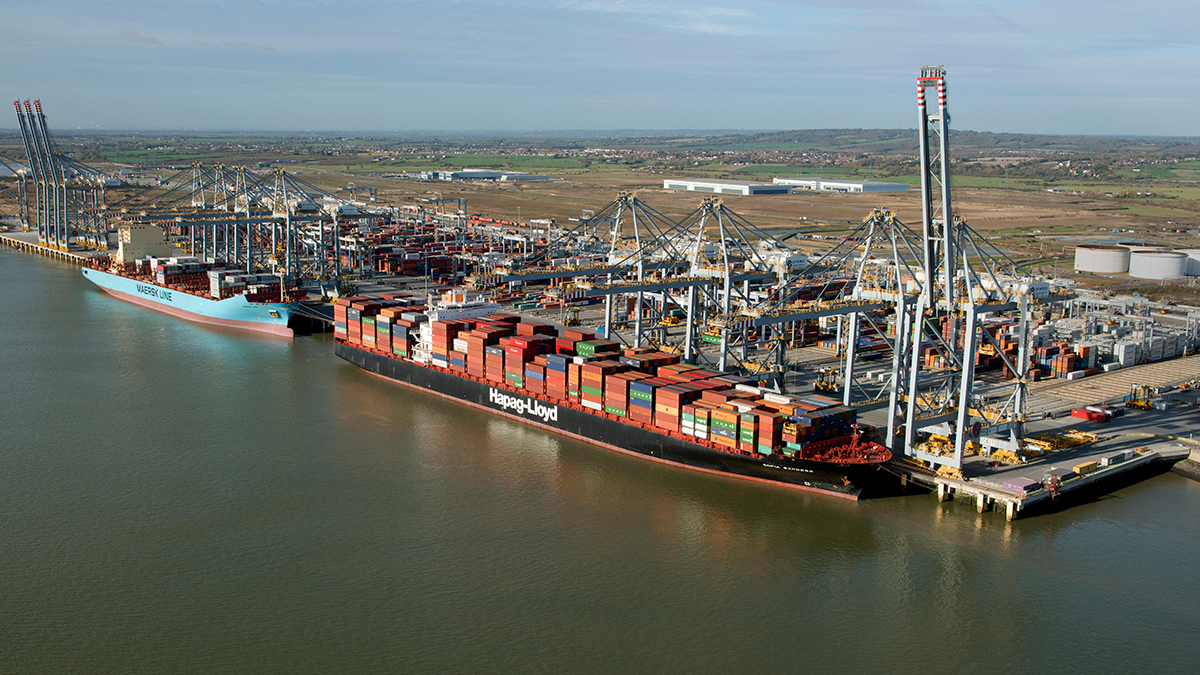Hull market trends have not taken the shine off London
Capacity, talent and innovation means London still has an advantage on large and complex global marine business
The London market may have lost some of its dominance in hull insurance, but its longstanding reputation in marine remains strong
For the past 20 years the London marine market has faced an “ongoing curse” of decreasing hull premiums, the general secretary of the International Union of Marine Insurance (Iumi) lamented at Marine Insurance London in March.
Lars Lange said London was “no longer the number one” when it came to hull, with strong competition from Scandinavia and Singapore. Other emerging markets, including China, were also posing a threat in other areas of marine business, Lang warned.
Speaking at the same event, Tom Midttun, head of production at Lockton Marine, framed things differently. “London has been losing the competence game [but has] an immense advantage in the capital game,” he said.
In jurisdictions such as Norway, Midttun continued, the insurance sector has a much closer relationship with the shipping industry, which gives them greater technical skills and stronger market connections.
The most recent Iumi figures for 2022 present a mixed picture. In the hull market, Lloyd’s was responsible for 8.4% of global premiums, while the London company market held 5.9% – giving London a combined 14.3% share of the global market. This was higher than competing jurisdictions in Asia – China and Singapore had shares of 11.5% and 9.3% respectively – but below the Nordics’ 16% in hull.
The story was slightly different in the cargo market, where Lloyd’s and the London companies market held 13.5% of global premiums (9.2% and 4.3% respectively), higher than China at 12.5%, the US at 8.8% and Japan at 7.5%.
For protection and indemnity clubs, Iumi said the UK accounted for 62% of gross premiums in 2022, while London covered 65% of offshore energy premiums.
Growing competition
The future of the London market depends heavily on the line of business in question, one senior underwriter who preferred not to be named tells Insurance Day. Over the past few years marine hull has seen some rate increases but premium levels have dropped off, indicating business is going elsewhere, she says.
“We’ve typically seen the Scandinavian market pick up that premium, so there is a lot of competition,” the underwriter says. Cargo, on the other hand, is less transferable between markets and tends to be placed in one market or another.
But, the underwriter continues: “London is the market across all lines that provides probably the biggest capacity out there, so you’ll likely see the biggest, most complex risks will always stay in London.”
Lloyd’s also has both the ratings and the reputation for being able to pay claims, which is particularly important for bigger risks.
“We offer very similar products to everywhere else in the world, but obviously Lloyd’s has a very good reputation,” the underwriter says. “The ability of Lloyd’s and the London market to offer very large stretches across multiple carriers is also something that entices people,” she adds.
“We offer very similar products to everywhere else in the world, but obviously Lloyd’s has a very good reputation. The ability of Lloyd’s and the London market to offer very large stretches across multiple carriers is also something that entices people”
London market underwriter
While London has lost some market share, it is still among the top players in all marine classes, according to Chris Jones, director of legal and market services at the International Underwriting Association (IUA), which represents the London company market.
The IUA says total marine premiums for London insurance companies increased “significantly” to £5.1bn ($6.23bn) in 2022, up from £3.8bn the previous year and nearly double the £2.7bn reported five years ago.
“The trend has been towards a decrease in market share, but it’s obviously coming from an extremely strong base,” Jones says. “You can speculate why that is. There’s some preference for localised policies if you’re thinking about Asia, China particularly. Certainly, you could make an argument London has a higher cost base in terms of how products are put together and produced.”
Where London still has the advantage, Jones stresses, is with large and complex global marine business.
“The level of capacity we have in London is superior to other hubs and that’s where we have a real advantage. The concentration of expertise, the concentration of capacity is in excess of other hubs,” he says.
“The level of capacity we have in London is superior to other hubs and that’s where we have a real advantage. The concentration of expertise, the concentration of capacity is in excess of other hubs”
Chris Jones
International Underwriting Association
This expertise is becoming even more important in the current geopolitical environment. With the war in Ukraine and the Israel-Gaza conflict, the London market is “meeting these challenges with innovation and a degree of capacity we just don’t see in other hubs”, Jones says. Among these innovations are the Ukraine grain corridor and facilities to meet the G7 oil price cap requirement.
The London market has also produced other innovations. “The market has done quite a lot of work around the use of lithium batteries and their transportation risk,” Jones says. “The joint hull committee published a clause to manage the risks around that, not to exclude but to work with and recognise this is a growing technology that is not going away.”
A unique culture
There are still challenges – such as attracting and retaining new talent – that are faced by the whole marine sector. Another challenge is how the growth in remote working has had an impact on one of the London market’s unique selling points.
Jones says: “Historically one of the biggest advantages of London is everyone’s here in person; you can just pop down to a box at Lloyd’s or you can see the company market easily enough. That’s still possible, but obviously the way in which we work has changed.”
Neither of these issues is unique to the London market, he stresses, but London is getting to a place where both face-to-face and hybrid working are supported.
“It’s working well, particularly the increasing use of electronic placing and system management, which is helping to drive that innovation,” he says. “It is a challenge in terms of attracting and retaining talent… if people aren’t face-to-face, day-to-day it’s just a different dynamic, but that’s a challenge for everyone, really.”
Iain Henstridge, class leader for marine hull at Lloyd’s re/insurer Apollo, is bullish about the future of the London market and also the culture of Lloyd’s as a unique place to write business. The recent re-opening of the Underwriting Room at Lloyd’s has made it “a vibrant, buzzy place to be”, he says.
Apollo has made a commitment to its brokers in having underwriters in its box Monday to Thursday. “Because we had great attendance during Covid, we secured more box space for ourselves. We’re quite bullish on that,” he says. “Lloyd’s remains the only space for specialty insurance,” he adds.
Iumi statistics show the London market’s position has “come off a little bit in terms of dominance in the marine hull sector”, Henstridge says. This needs to be seen in the context of the Lloyd’s Decile 10 initiative, he adds, which took out more than half of the market’s hull capacity in 2018 and 2019.
Market dynamics
There have also been changes in dynamic, including the rise in managing general agents (MGA), led by underwriters who are either entrepreneurial or “disaffected” in their current roles, he says.
This has made the ratings environment “slightly more marginal” and has led to underwriting discipline “coming off a little”, he adds. It has also had an impact on capacity – some of these MGAs have been backed by the Lloyd’s market, leading to other Lloyd’s insurers “coming up short” on capacity for their plans, he says.
That said, for buyers of insurance, the decision where to place business comes down to how confident they are claims will be paid – whether that be from Lloyd’s, a delegated authority or another jurisdiction.
“Some of the Asian markets have some very strong security there, certainly on paper, but I’d be guided by brokers as to how good the claims-paying ability of various insurers is,” Henstridge says, adding not all A-rated companies are equal.
“Some of the Asian markets have some very strong security there, certainly on paper, but I’d be guided by brokers as to how good the claims-paying ability of various insurers is”
Iain Henstridge
Apollo
Henstridge expects to see greater emphasis on lead underwriting within the Lloyd’s market. “I think it’s going to be more difficult as a following underwriter who – not to put too fine a point on it – is getting a free ride on the talents of the leaders.”
In the Nordic markets, for example, lead underwriters charge for claims services, something that does not happen in Lloyd’s, Henstridge points out.
At the same time, he says he expects a more dedicated follow market to develop, adding Apollo is working on its own smart follow capacity. “We’ve got a fairly sophisticated product we’re rolling out to brokers in the coming months,” he says.
Hull is largely an attritional class of business, Henstridge adds, which has been a strength of the London market. “If you don’t get your deductibles and conditions right, all those little claims will tally up and come and hurt you, so managing attrition is key. I think London’s done a pretty good job of that,” he says.
London is itself an international market, which therefore makes direct comparisons with other jurisdictions less straightforward. “There are German underwriters here, Japanese-backed underwriters, American-backed, French-backed, Chinese-backed, you name it, so a lot of our international competition is sat among us,” Henstridge says.
This sentiment is echoed by Jones. The Nordic markets have seen an increase in hull business, but this has been a gradual increase and does not necessarily mean the London market is losing out on business, he says.
“In London we do have some of those Nordic markets already operating,” he says. “To split out markets [geographically] in that way is perhaps not illustrative of the actual position because we all have bits and pieces in each of those markets.”
Digitalisation and bringing down the cost of doing business will help keep the London market competitive, Jones says, but it also needs to capitalise on its ability to create bespoke solutions, particularly for emerging risks.
“There’s a huge issue in the marine market around decarbonisation, how we build that in and what that means in terms of potential liabilities. But we’re very well placed in London to understand that risk,” Jones says. “It’s about meeting the client’s needs and innovating towards that. We have the talent base to do that at the moment and hopefully that will continue.”



